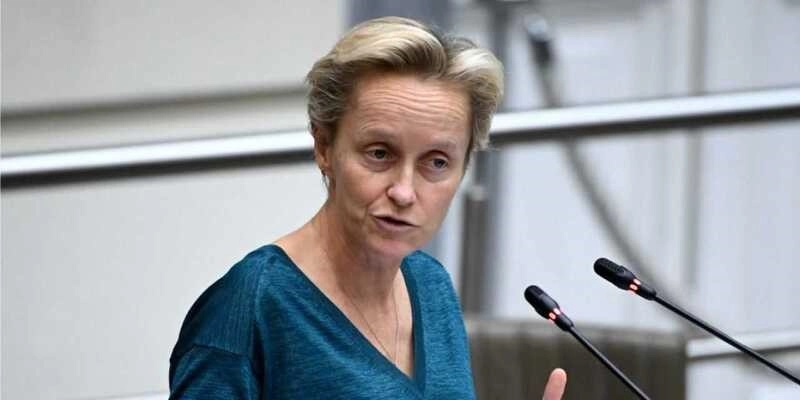November 22 marks the deadline to access the well-known subsidy for the purchase of electric vehicles (EVs) in the Flanders region of Belgium.
From that day onwards, those interested in purchasing zero-emission cars will have to do so without the support of this grant, which has been a key driver in promoting the adoption of EVs in the area.
This decision, approved in advance by the Flemish Parliament on November 6, raises concerns within the electric mobility sector.

José Pontes, co-founder of EV-volumes.com, believes that the elimination of the help will have a significant impact.
“The Flemish EV subsidy was a strong incentive for consumers,” he explains to Mobility Portal Europe.
He adds: “Its removal will likely result in a decrease in demand, as the initial cost of EVs will be less competitive compared to traditional combustion ones.”
This drop in demand could also be reflected in the development of charging infrastructure, as the lack of consumers might reduce investors’ motivation to launch new charging stations.
However, there are factors that could cushion the effects of this measure.
Despite the absence of the subsidy, EV innovation continues to mature, resulting in more competitive prices, greater efficiency, and better ranges.
“Technological evolution is making EVs more attractive, even without the grant,” emphasises Pontes.
Furthermore, growing public awareness of environmental issues and climate change continues to drive interest in cleaner transport options.

Sander Hereijgers, CEO of Pluginvest, also shares his perspective.
“In the Flemish region, we feared that the change would lead to a ‘start-stop’ movement, but what we are seeing is not resistance to electrification, but rather an adjustment in taxation,” he comments to Mobility Portal Europe.
This demonstrates that the removal of the grant is not a setback in the energy transition, but rather a step towards the normalisation of electrification in line with other European countries.
It is worth noting that Belgium already has nearly 40% of newly registered vehicles being fully electric, and Flanders remains ahead of many other regions in terms of adoption.
Considering that only private individuals are eligible for the grant and the vast majority of passenger vehicles registered in Belgium are company cars, the subsidy was never applicable to this significant majority.
“Consequently, the Belgian EV sector believes that the impact of ending this incentive will not be very noticeable and will not significantly slow down the adoption of EVs in the country,” stated representatives from Pluginvest.
The process of normalisation also includes changes in taxation, which have so far favoured zero-emission cars by exempting them from registration and road taxes.
From 2025, these will be taxed, but, as Hereijgers explains, this is not a drastic regulation, but an adaptation to the general fiscal context.
It is important to note that the taxation of EVs is still much lower than the taxation of ICE vehicles, making EVs still the most interesting option for companies and businesses.
“It is a pity that they are no longer sending the clear message that electrification should be a priority. However, I don’t believe this will slow down market growth,” he assures.
From the Flemish Government’s perspective, the measure aims to provide space for a more gradual transition.
About the Flemish grant
The Flemish grant, which came into effect on February 9, 2024, was introduced as a way to incentivise the purchase of zero-emission vehicles, both new and second-hand.
“Due to its great success, the final purchase date has now been brought forward, but it is still possible to register the vehicle until the end of this year,” says the Government’s website.
The decree passed by the Flemish Parliament stipulates that cars purchased before November 22 will remain eligible for the grant.
However, individuals wishing to take advantage of this benefit must formalise their purchase before the deadline and register the sales contract by December 31, 2024.
This incentive is specifically targeted at EVs for passenger transport (category M1), freight transport with a limited weight of up to 3500 kg (category N1), and heavy micro-urban vehicles (category L7e-C).
It is 5,000 euros for a new EV costing up to 40,000 euros, including VAT (options and accessories included, except for the purchase grant).
It is 3,000 euros for a second-hand vehicle, whose original catalogue value cannot exceed 60,000 euros, including VAT.
In this case, the car must have been put into use for the first time at least three years ago and at most eight years ago.
The grant will never exceed 25% of the purchase price.








